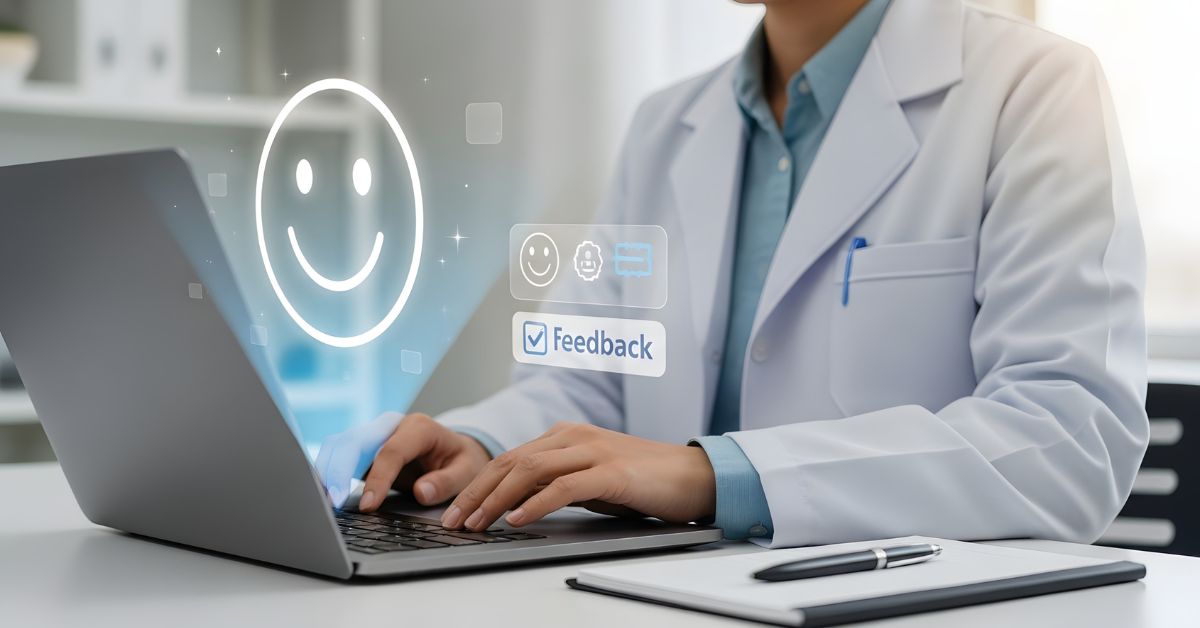Linking data between care settings has been one of the biggest challenges facing clinicians in the 21st century. Even where valuable data is available, it is often still inaccessible to many of the people who need it, at the time that they need it. This is often the case even within a single organisation.
A siloed infrastructure, data security concerns, patient consent and many other challenging issues are all barriers most clinicians will be familiar with. Overlaying all of these is the task of selecting the pertinent information and ensuring it is managed or monitored within the right care context and in a timely way. The fundamental issue remains that the clinicians, who are best placed to provide the data, have the least time to record it. Sadly most ‘Clinical information’ is therefore based on billing codes and so the information is generic at best and usually quite unhelpful from a clinician’s perspective, especially when it comes to making any sensible decisions or observations about treatment.
Whether working in Primary Care, Acute Care, Community Care or any one of the many support services that link NHS organisations and services together, the need to work more collaboratively to deliver the best possible health care to all patients in the local community is the gold standard that everyone in healthcare is striving to achieve. Historically, whilst we know quality care has been delivered, there has been no easy way to evidence this. As we progress into an NHS that needs to do more, provide more and improve efficiencies to maximise resources wherever possible, the ability to link different providers and the patient information and records behind them, becomes necessary for successful health care outcomes and the improvement of the overall quality of care delivered to a patient.
Clinical commissioning groups (CCGs) and local authorities are beginning to adopt accountable care models; a more strategic way of commissioning care and holding healthcare organisations and providers to account for delivering and improving health care outcomes for those they treat.
Current commissioning ensures that services are met according to waiting times and treatment deadlines, but what is the best way to measure the effectiveness of an accountable care model and ensure outcomes and results improve? If the model encompasses a whole new approach that groups different care providers together, how do you compare the effectiveness of these different services and is it even fair to judge and pay care providers in this way if they don’t provide like for like services?
One solution is the implementation of patient reported outcome measures (PROMs) and patient reported experience measures (PREMs) across all care settings. Monitoring of a collaborative care model using clinical outcomes would afford the CCG, and the clinicians themselves, a complete overview of the care a patient receives. With the right digital software, powerful enough to interact between all care settings, measuring outcomes would provide more than just a tick box solution to monitoring commissioning efficacy, but a valuable and meaningful reflection of the care being provided.
CCGs are turning to innovative technology partners to deliver digital solutions and steer commissioning towards an accountable care model, looking for collaboration between the services to work together to deliver the different elements. In order to achieve this, whether in the NHS or in the private sector, all are looking to partner with companies that specialise in digital tools that enable seamless collaboration throughout the different care settings.
If the overall objective is to achieve system collaboration and overall local population health, then communication will be key to delivery. Systems need to be flexible, allowing seamless transitioning of patient information between care givers and allowing continuous monitoring of the patient by all parties, irrelevant of who is delivering care to the patient. Most importantly they need to be very simple and easy for clinicians to record data and remain part of their regular workstream to reduce effort rather than duplicate it.
An example may be the use of Amplitude pro enterprise™, a digital clinical outcomes platform currently used in secondary care to collect outcomes. The vision is that this can be extended to GP practices associated with the hospital currently using Amplitude, to triage a patient at the GP appointment. By answering a set of simple questions, a GP would assess the best route of referral for the clinical problem and ensure the patient is directed to the appropriate clinical team to deal with the problem. The GP would then transfer the ownership of that patient to the clinician and care could continue. However, they would still retain read only rights to continually monitor their patient’s progress based on the relevant outcomes (PROMs) measures. When the patient is discharged back to the GP or community services, the ownership is once again transferred, but all parties involved retain the rights to monitor how patients recover.
This interconnected way of collaboratively treating a patient not only benefits the patient receiving care but will have significant positive effects on organisations delivering the care, who will see a significant reduction in the administrative work surrounding the processing of patients and therefore see financial rewards. There is little input required from the clinical teams as options, choices and questions are already pre-loaded and are selected at the time that they are seeing the patient, meaning that it fits in with the clinician’s daily routine. When this is combined with the registry interchange functionality, allowing the upload of PROM’s data directly to registries, further admin and resource efficiencies can be made, further reducing duplication of data entry for clinicians or patients.
Would you like to find out more? The team at Amplitude Clinical Outcomes are happy to discuss any questions you may have or provide a demonstration of how the software can assist your healthcare organisation, simply call 0333 014 6363 and reference this article.


